Mental Health, Intersectionality, and Zero Waste
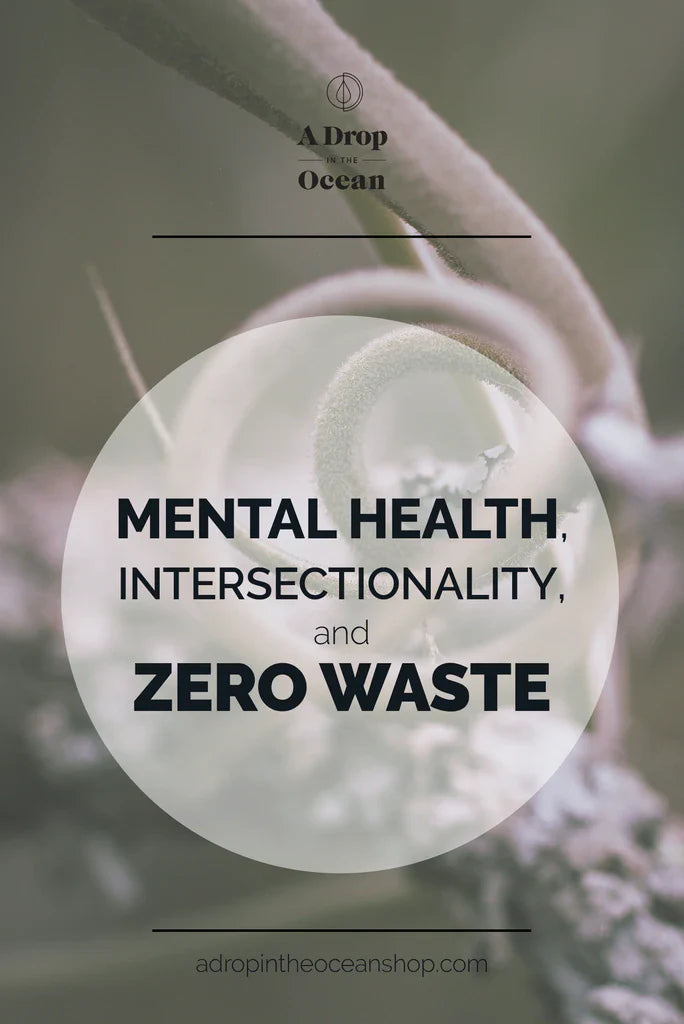
Alright, friends. We’re about to get very real up in here. I alluded to some of what I’m about to share in my DIY Zero Waste Heating Pad post, but I just keep coming back to this nagging feeling that I have more to say. I know that this post is going to be difficult for my parents, grandparents, and other family members to read, but I do feel that it is important to share these experiences, and have honest and raw conversations about mental health, and in this instance, how it relates to living zero waste. So...here we go.
This summer, I experienced true trauma for the first time. The fact that I made it to 25 without experiencing trauma is really incredible, and I am beyond blessed to have lived such a privileged life (thank you, Mom and Dad). But we’ll come back to this in a bit. Without giving you all of the details of my summer trauma, I’ll just say that I was deeply struggling in the aftermath. I had never experienced a panic attack before, so although I was having them every day for weeks, I had no idea what they were. It wasn’t until I started seeing a therapist that I realized I had anxiety and was indeed experiencing regular panic attacks. Getting out of bed and forcing myself into work every day took every ounce of motivation I had. I sat in the shower trying to give myself the pep talk to get up and get dressed every morning. I cried daily. I cried at my desk more than once. And honestly, I may have had a slight drinking problem.
For the first time in my life, I started pushing people away. I was unfair and unkind to the people who cared the most. I started questioning every decision I made, which only took me further down my spiral. Homework deadlines didn’t even matter anymore. I was so disengaged from everything, especially my studies, that I honestly don’t even remember what most of the discussion prompts were this semester. In fact, sitting down to work on homework became a trigger for me, to the point I couldn’t meet deadlines, because I was panicking every time I tried.
This blog suffered. Working on the plans for the shop suffered. Both of these things were also triggers. I had never experienced anything like this before, and I had no idea how to handle it.
In the field of psychology, Maslow’s Hierarchy of Needs is like Psychology 101. In fact, I think I first learned about it in undergrad Psych 101. In a nutshell, humans have basic needs that must be met if we are to survive and thrive. It’s represented as a pyramid - we need a solid base before we can build the next level, and the next, and the next. If these basic needs are not met, we cannot move up on the pyramid.

Image credit Simply Psychology
In the field of conservation, we look at it as “you can’t help animals without first helping people.”
In conservation, this often manifests itself in community-based conservation projects in the developing world that focus on providing an income or an alternative livelihood for people living in close quarters with endangered wildlife. And when we talk about why this work is important, we say things like “if someone can’t feed their children, they’re never going to care about whether a lion lives or dies.” And it’s true, but there’s more to this narrative.

I have been living a nearly zero waste life for almost two years now. Most of my lifestyle is habit by now, and certain waste just doesn’t happen because I don’t know any other way anymore. But the one thing that I could not bring myself to do during these months was cook myself a meal. Cooking at home is one of the best ways to reduce your waste. When I suddenly found myself without any motivation to get out of my comfy chair or out of bed, cooking was just not going to happen. So I started ordering takeout. Lots of takeout. And when I got tired of the takeout options around me, I started buying packaged foods again.
For the first time in years, I bought ramen packets.
Now, I know for some of you reading this, the fact that I just devoted a whole one-sentence paragraph to ramen noodles seems ridiculous. But for me, standing in the grocery store, in the middle aisles that I hardly venture into anymore, staring at the plastic-wrapped ramen was the moment I realized I just truly didn’t care about whether or not I was being zero waste.
I still had the bottom block of Maslow’s Hierarchy - food, water, shelter, sleep. But the second block, the safety needs block, the block that brings us security in our lives and in our daily activities, was utterly shattered.
You can’t help animals without first helping people.
This conservation mantra is so much bigger than I ever realized. Yes, there are conservation efforts across the globe creating opportunities and alternative livelihoods for people in the poorest of communities that do not have their basic needs met in hopes of saving species from extinction. And many of them are succeeding. But what about the people who have their basic needs met, but other barriers are limiting their capacity for change?

I’m a member of several zero waste groups on Facebook. A few days ago, someone posted in one of them seeking advice for staying zero waste when battling depression. The outpour of love and support and understanding that followed was humbling. But the post got me thinking.
In the world of zero waste, from one of the movement’s leading influencers, I’ve heard it said that “anyone can be zero waste” because it’s all about making small changes. And yes, it is about small changes. I say that all the time - small changes add up to massive impacts. But the reality is, not everyone can be zero waste. In fact, zero waste in and of itself is an ideal that doesn’t exist. To dismiss these very real barriers that some people are facing is a disservice to the movement and, quite frankly, to humanity as a whole.
Some stats:
For these people, living a life with less waste is not a priority. Surviving day-to-day is a priority. Maintaining their mental health is a priority. Feeding their family is a priority. Staying warm in the coldest months is a priority.

There is a never-ending abundance of issues facing the planet today, and everyone has their “thing” they want you to care about. Whether it’s zero waste, immigration, endangered species, gun laws, civil rights, health care, palm oil - WHATEVER it is - there’s always something to fight for. And somehow, we’ve convinced ourselves that each of these things exists in isolation from each other. But that’s simply not true. We need to remember that everything is connected. Everything serves a purpose. We need to remember that we’re all in this together, and we don’t all have the same experiences and backgrounds. How can we use our knowledge and our skills to fight for the things we care about, while maintaining intersectionality through it all?
Intersectionality: the complex, cumulative manner in which the effects of different forms of discrimination combine, overlap, or intersect
We can’t help animals without first helping people.
No, not everyone can be zero waste. But instead of looking down on those that can’t, let us instead seek to ask questions.
Be inquisitive.
Be respectful.
Be kind.
Be understanding.
What are the barriers hindering more sustainable living? What can we do - together - to break down those barriers? When we start to seek these answers, we can begin to create something beautiful.
Today, I’m mostly out of my spiral. I love cooking again. I’m lucky this chapter of my life is becoming more and more distant. But others aren’t as lucky. So let’s not forget them in our quest for a greener future.
And when we start to feel overwhelmed, because there’s just so much worth fighting for, remember these brilliant words from my idol, Dr. Jane Goodall:

What’s your piece of the puzzle?
Related:
3 Little Reminders for 2025 💙
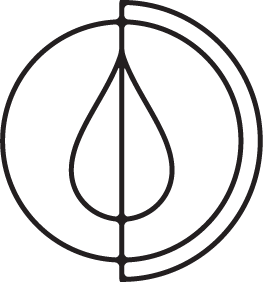
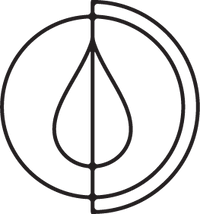
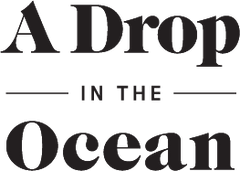


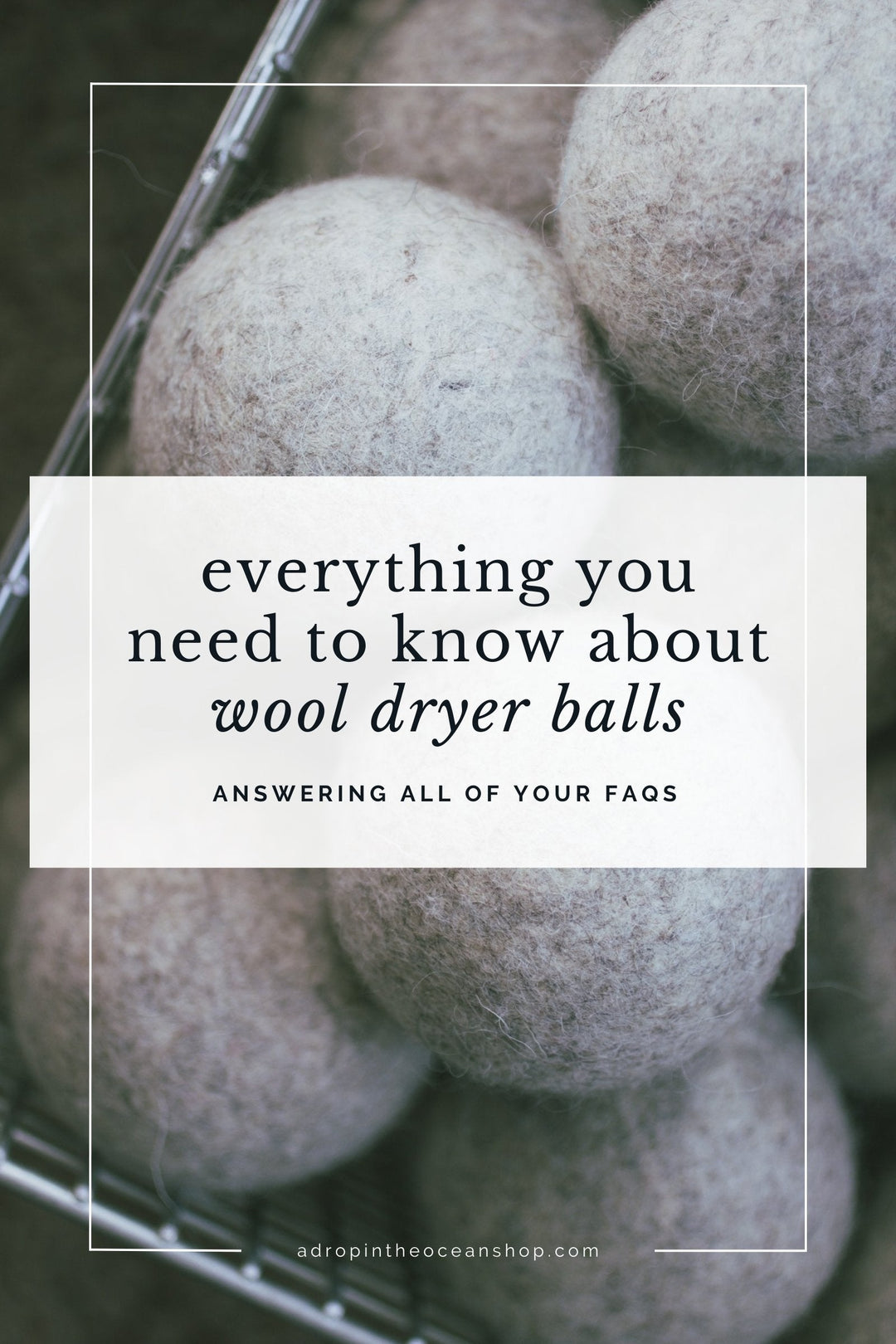
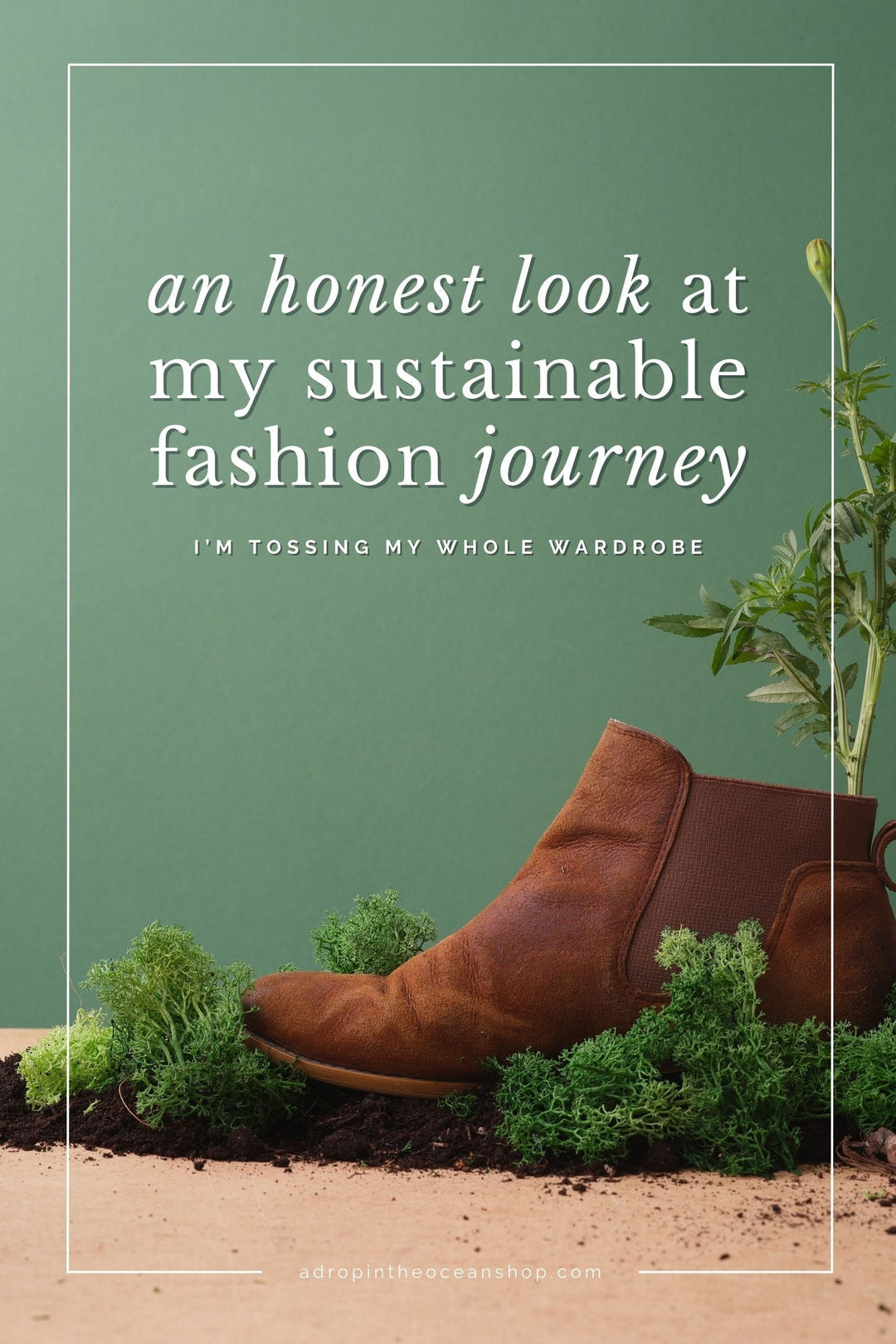
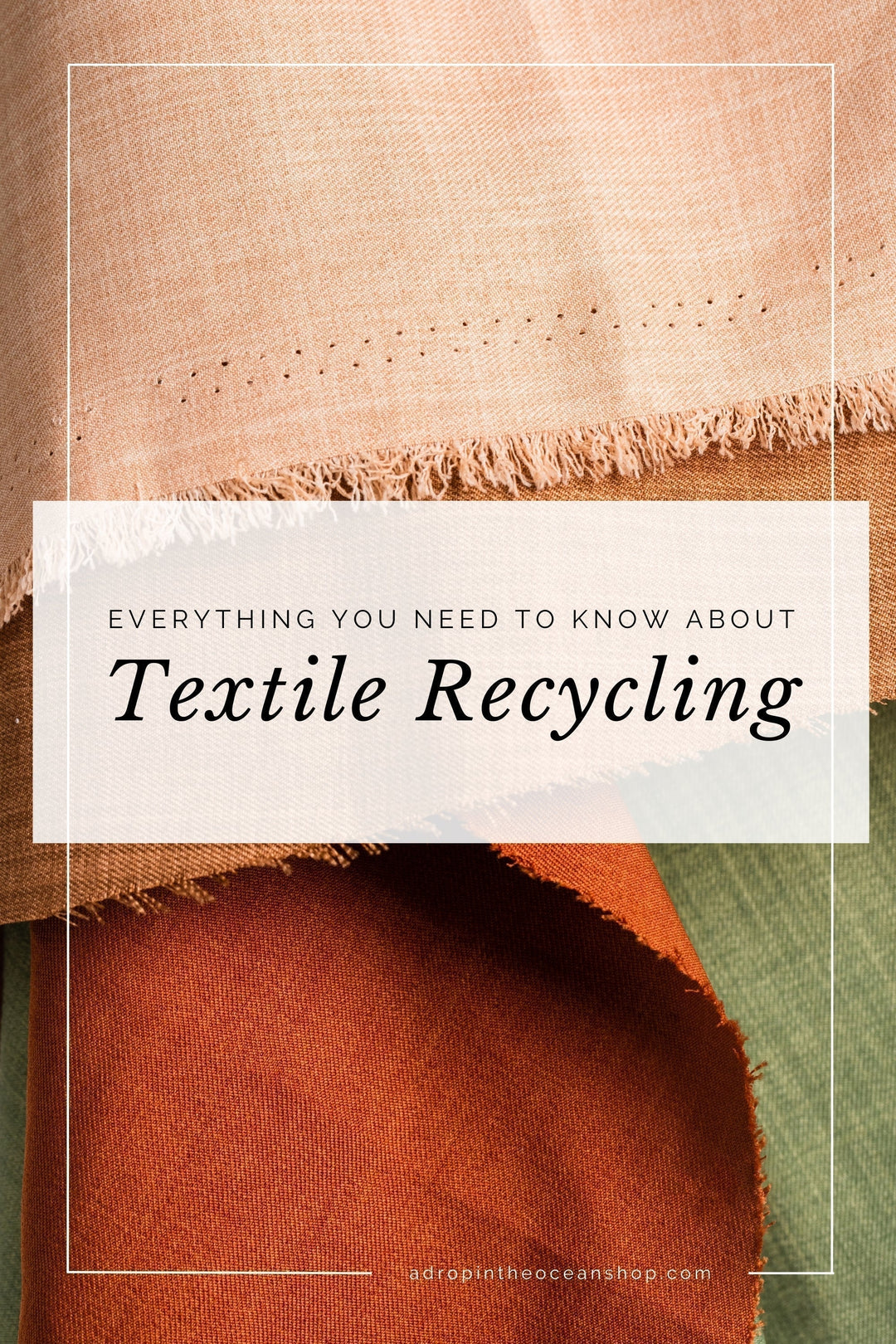
This article is an eye-opening insight into the relationship between mental health and zero-waste living. It’s inspiring to see how sustainable practices not only help the environment, but also positively impact our mental health. The focus on mindfulness and simplicity rings true, reminding us that a healthy mind is a healthy lifestyle.
Jen, I am so glad that you found this post. This is exactly what I was hoping for when I wrote it. I knew that if I was feeling this way, there had to be others out there feeling the same. I hope that you find peace, and in the meantime I am grateful to have you in this community. Welcome 💙
I saw a link to your blog / website on Project Dragonfly’s FB page, read the linked blog post, and dove in to much of your website. THANK YOU for your time, effort and passion evident in everything I’ve perused so far. I’m a Zero Waste Wannabe too going through a really tough mental “season” right now working through heavy grief, so this post in particular especially resonated with me.
I’ve been frustrated with myself and overwhelmed by thoughts that I should always be doing more or trying harder to lessen my environmental impact, except some days just covering the basic needs is as far as I can get. Your posts brought me a sigh of relief and a boost of encouragement to continue my own journey in my own way knowing that, as long as I am trying everyday (whether my triumph of the day is just getting out of bed or eliminating one more source of plastic in my life), it’s going to be okay and I can be okay with that.
This site is so well done, and your content is so thoughtful, well-written, positive, helpful and encouraging. It brightened my day. I SO signed up to follow more! THANK YOU :)
Leave a comment